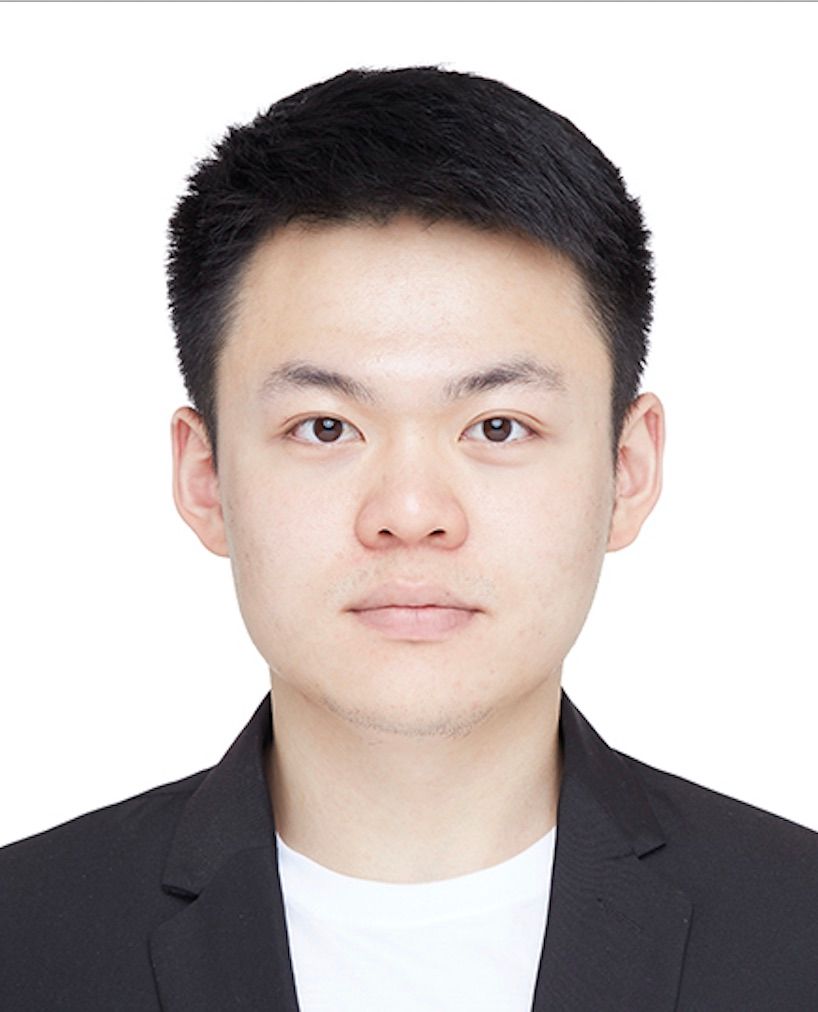People

Jingzhao Zhang
optimization, learning theory, artificial intelligence
Assistant Professor @ Tsinghua, IIIS
Jointly Affiliated as PI @ Shanghai Qizhi Institute
 Short Bio
Short Bio
Jingzhao Zhang is an assistant professor at Tsinghua, IIIS. He graduated in 2022 from MIT EECS PhD program under the supervision of Prof. Ali Jadbabaie and Prof. Suvrit Sra. His research focused on providing theoretical analyses to practical large-scale algorithms. He now aims to propose theory that are simple and can predict experiment observations. Jingzhao Zhang is also interested in machine learning applications, specifically those involving dynamical system formulations. He received Ernst A. Guillemin SM Thesis Award and George M. Sprowls PhD Thesis Award.
 What's new
What's new
Fall 2023 optimization class materials are now available online.
Please check our ICLR2024 workshop on Bridging the Gap between Theory and Practice for Learning.
Uploaded the research project on the two-phase scaling law paper in the research section (Aug 2023).
If you want to join as an intern, please prepare a 15min presentation on a recent DL / ML / AI paper and then send me an email.
If you are interested in joining as a PhD, please refer to my post here.
 Research interests
Research interests
I am interested in theoretical explanations of practical optimization algorithms.
I am working on developing faster training algorithms.
I enjoy applying optimization algorithms to real world problems.
 Our group
Our group
PhD students:
Bei Luo
Hongyi Zhou
Undergraduate students:
Huaqing Zhang
Jiazheng Li
Hong Lu
Alumni:
Peiyuan Zhang (PhD at Yale)
Yusong Zhu (PhD at UT Austin)
Kaiyue Wen (PhD at Stanford)
 Research Projects
Research Projects
For a complete list, please refer to my Google scholar page.
2024: Statistical learning in LLMs.
A presentation on several recent works.
2023: Two phases of scaling laws for kNN classifiers.
A short presentation on the arxiv manuscript .
2022: On the nonsmoothness of neural network training.
A tale of three recent works: why is neural network training non-smooth from an optimization perspective, and how should we analyze the process?
2021: Theoretical understanding of adaptive gradient methods
My phd defense presentation.
2019: An ODE perspective for Nesterov's accelerated gradient method
My master thesis (RQE at MIT) presentation.
 Teaching
Teaching
Fall 2023 Introduction to Optimization
References:
Bertsimas, Dimitris, and John N. Tsitsiklis. Introduction to linear optimization.
Boyd, Stephen P., and Lieven Vandenberghe. Convex optimization.
Bubeck, Sébastien. Convex optimization: Algorithms and complexity.
Grading: 40% HW + 30 % Midterm + 30 % Final
Weekly schedule:
1.Linear programming and Polyhdra. lecture, scribe
2.Simplex and Duality. lecture, scribe
3.Linear Duality and Ellipsoid. lecture, scribe
4.Ellipsoid and Convexity. lecture, scribe
5.Convex Optimization, MaxCut. lecture, scribe
6. SDP Relaxation; Lagrangian Duality. lecture, scribe
7. Lagrangian Duality and KKT. lecture, scribe
8. Midterm
9. Newton's method. lecture, scribe
10. Self-concordance and Convergence of Newton. lecture, scribe
11. Interior Point Method. lecture, scribe
12. Gradient Method and Oracle Complexity. lecture, scribe
13. Gradient Methods with Stochasticity, Nonconvexity and Mirror Maps. lecture, scribe
14. Mirror Descent and Online Learning. lecture, scribe
15. Final



